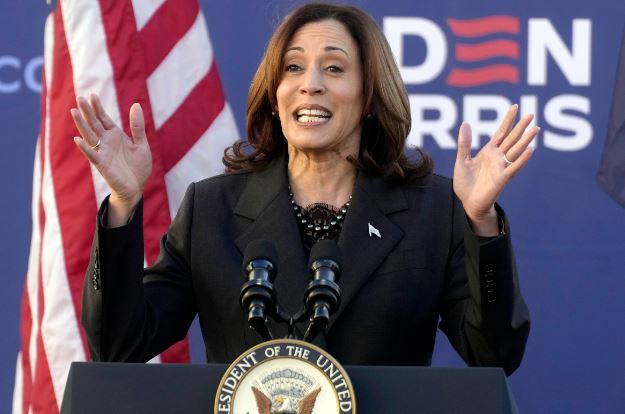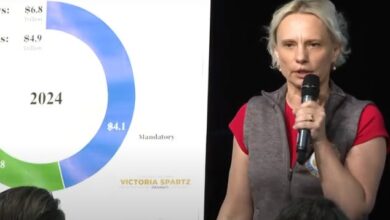VP Kamala Harris Advocates Against Jail Time for Marijuana Use in Meeting with Fat Joe

In a significant public statement, Vice President Kamala Harris voiced her stance on marijuana convictions, declaring that “nobody should have to go to jail for smoking weed.” This pronouncement came during a noteworthy discussion that included rapper Fat Joe, along with individuals who have been pardoned for marijuana-related offenses.
The meeting, aimed at addressing the broader issues surrounding cannabis legalization and reform, showcased the Vice President’s commitment to reshaping the conversation on drug policy in the United States. By highlighting the need for change, Harris’s remarks underscore the ongoing shift in public and political attitudes towards marijuana use and its legal implications.
Fat Joe, known not just for his music career but also for his activism, brought a personal and public perspective to the dialogue, emphasizing the impact of current laws on communities and individuals alike. The inclusion of those pardoned for marijuana convictions added powerful testimonies to the discussion, illustrating the human cost of the existing legal framework.
Vice President Harris’s statement aligns with a growing call for reform at both the state and federal levels, advocating for a move away from punitive measures and towards more equitable drug policies. This approach reflects an understanding of the disproportionate impact of drug laws on minority communities and the need for a justice system that promotes rehabilitation over incarceration.
The meeting’s significance lies not only in its high-profile participants but also in its timing, as debates over marijuana legalization and decriminalization continue to gain momentum across the country. Harris’s words signal a potential shift in federal policy, offering hope to advocates and those affected by current laws.
As the United States grapples with the complexities of drug policy reform, the conversation facilitated by Vice President Harris, Fat Joe, and others serves as a crucial step towards reevaluating the role of criminal justice in marijuana-related offenses. Their collective voice adds weight to the argument for change, pointing towards a future where drug policy is grounded in fairness and compassion.




